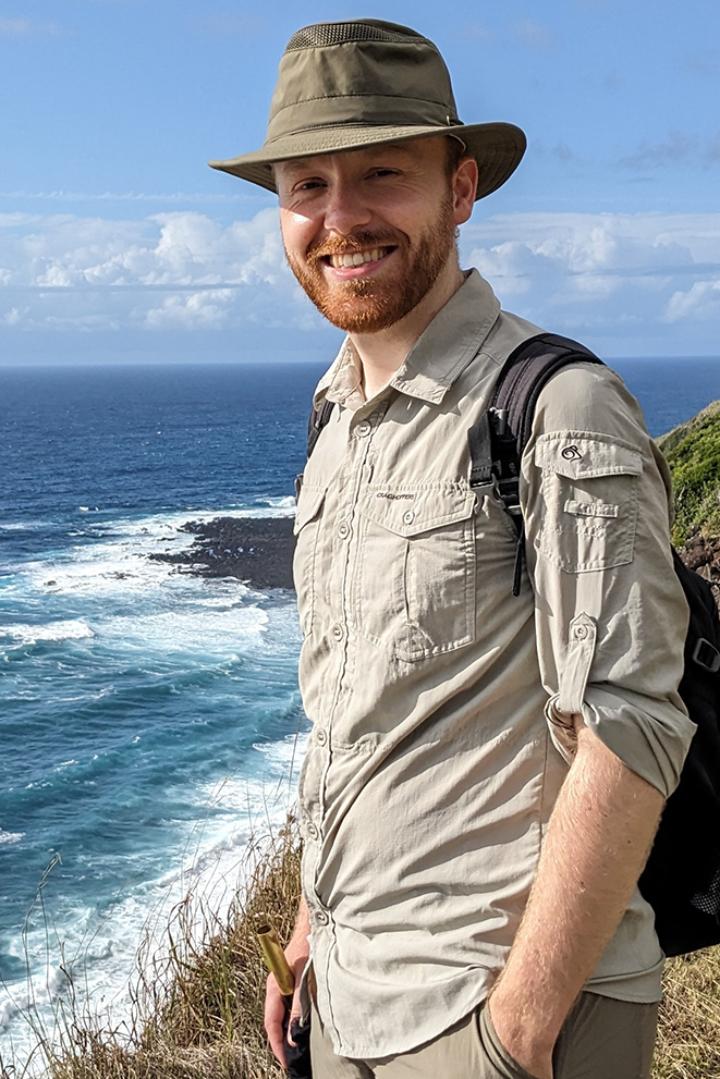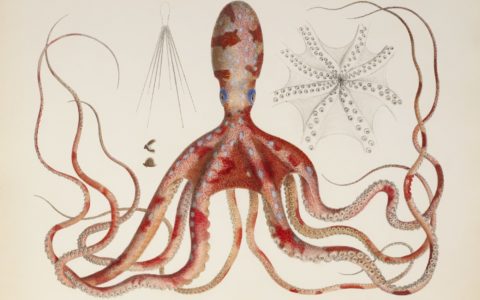The John C. Marsden Medal
Two prizes of £500 and a medal awarded for the best doctoral thesis in biology covering areas other than botany (algae, fungi or plants), as judged by a paper published in the Linnean Society Journals.
Dr John C. Marsden was the Executive Secretary of the Society from 1989 to 2004 and was elected as a Fellow honoris causa in 2005 in recognition of his services to the Society. The medal is awarded annually in Dr John C. Marsden's memory and awards the best thesis as judged by a paper published in one of the Linnean Society's journals. It is open to papers contributing to a PhD thesis, and published with the PhD student as first author.
Enter the prize by submitting a paper to a Linnean Society journal.
Eligibility Criteria
- The paper must be published in advanced access in one of the Linnean journals in the calendar year prior to the award year.
- There must be no more than two years between the date of submission to the journal (aka the date that the work is being submitted for assessment for the award) and the date that the thesis was awarded. Ongoing work that is being carried out by the PhD student but has not yet been submitted as a thesis is eligible, as it is considered not to have exceeded the two-year window.
- The paper must go through the peer review system and be accepted for publication (i.e. prize submissions that are not accepted for publication will be ejected).
- There must be confirmation from the PhD supervisor that the work has been carried out by the student.
- In the case of a multi-author paper, the PhD student must be the first author, and the supervisor must confirm the contribution the student has made.
- The nominated student cannot, at the time of nomination, be a member of the Linnean Society Council, or a family member.
John C. Marsden Medal Recipient 2025

Dr Jamie C. Weir
'It is a tremendous honour to receive the John C. Marsden Medal and have my work recognised by the Linnean Society. I first joined the Society at 18, fascinated by its long history stretching back to Darwin, Wallace, and the origins of biology as a science. It is a privilege to represent the University of Edinburgh and become a small part of that prestigious lineage.'
This year’s John C. Marsden Medal is awarded to Dr Jamie C. Weir for the thesis ‘Buffering and trophic mismatch in spring-feeding forest caterpillars’. Jamie’s work considers a fundamental question facing ecology: how resilient are organisms to a warming climate? Focusing on woodland food-webs in spring, Jamie combined a re-appraisal of neglected, historical literature with an extremely ambitious set of experiments, captive-rearing thousands of caterpillars. Surprisingly, he found evidence suggesting that an array of ‘buffering’ mechanisms—such as bet-hedging strategies, or feeding on a wide range of plant species—might actually ameliorate some of the disruptive impacts of increasing temperatures.
Previous Recipients of the John C. Marsden Medal
- Dr Heather E. White (2024)
- Dr Tomos Potter (2023)
- Dr Timothy A. C. Lamont (2022)
- Dr Benjamin Van Doren (2021)
- Dr Patrick Kennedy (2020)
- Dr Sarah Hill (2019)
